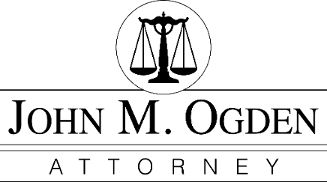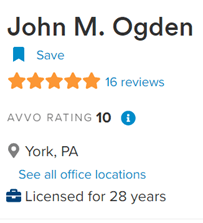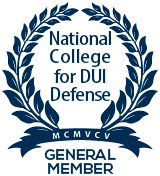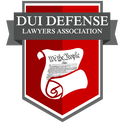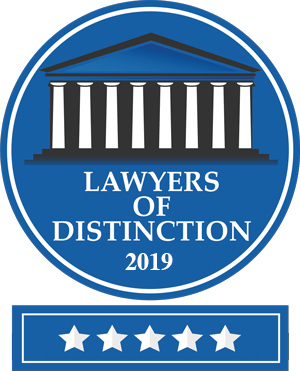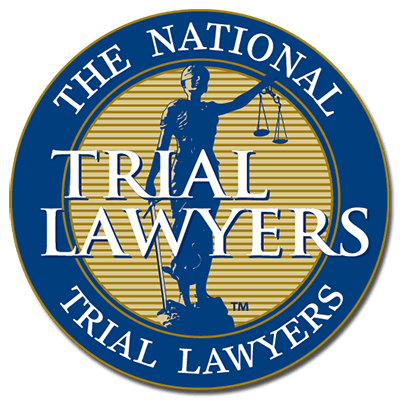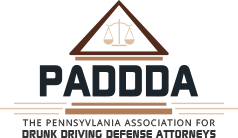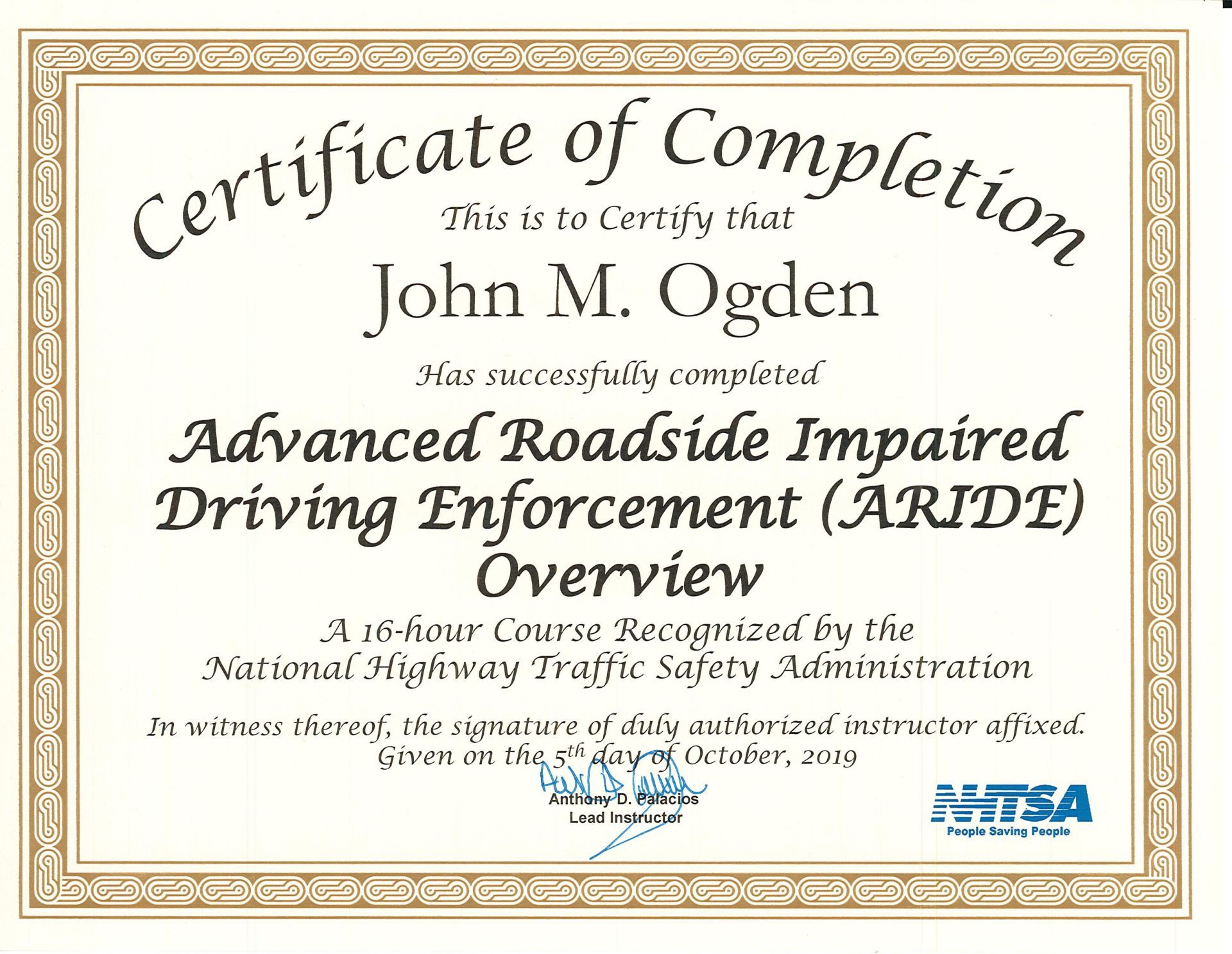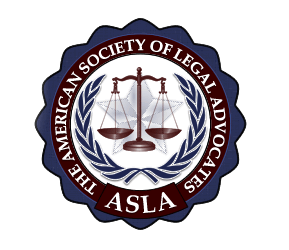
DUI Avoidance Tips From a DUI Attorney in York, PA
10 TIPS TO AVOID A DUI CHARGE
By John Ogden, Esquire
In my experience in DUI case and traffic cases since 1993, I have learned things clients can do to
avoid a DUI charge. Of course, the best way to avoid such a charge is not to
drink and drive. This list is not exhaustive and not meant to endorse any
unsafe or illegal conduct. I see clients everyday who were stopped by the
police and arrested for DUI or some other offense as a result of the stop. Many
of these stops can be avoided. Attorney Ogden recently completed training in Advanced Roadside Impaired Driving Enforcement (ARIDE) overview in Harrisburg, PA. This training will allow him to better serve you in DUI defense.
1. CHECK YOUR VEHICLE BEFORE DRIVING
Driving with burned-out or broken lights will practically guarantee a stop by the police. Take the time to have these things repaired immediately. Driving with expired inspection stickers or expired registration stickers are a sure way to be stopped. Be aware that whenever a police officer is following your vehicle, he or she may be checking your registration and looking for cues to justify a stop. The national highway Traffic Safety Administration (NHTSA) publishes several manuals for law enforcement to detect DUI drivers. These are available at www.NHTSA.gov.

2. TINTED WINDOWS & TINTED LIGHTS
The police in this
area stop vehicles with tinted windows and lights as a matter of practice. Even
if the tint is legal, if the police officer smells or sees drugs or alcohol you
are almost certainly going to be further questioned. There is recent case law
which changes the way the courts deal with tinted windows.
3. DISTRACTED DRIVING
This is an easy target for a stop by the police. I have seen numerous defendants who were stopped solely because of distracted driving, i.e. texting, playing with the radio, reaching for a cigarette.
4. SPEEDING OR GOING TOO SLOW.
Either one of these
can result in a stop for a suspected DUI. Be aware of your speed or lack
thereof. Another cue is changing speeds frequently for no apparent reason. Have
your passenger warn you if they realize this is occurring. If this is happening
because of too much alcohol, pull over and call a cab.
If you are stopped by the police, follow these guidelines to avoid further inquiry by the police officer.

5. HAVE YOUR REGISTRATION, INSURANCE & DRIVER'S LICENSE READY.
Have your Registration, Insurance Card & Driver's License information in a place where you find them easily. Go through once a month or more to be sure you have the most current cards. I have read numerous police reports where the police officer notes that the driver had trouble producing these documents or that they were outdated. If these documents are not correct, it can hold-up the stop. I have had cases where the police have had a drug dog sniff a vehicle while proof of insurance, ownership and registration is being verified. If you keep these documents in the glove box, don't also store illegal items or weapons in the same place. Even if you possess a weapon legally, it is red flag if it falls out during a stop.
6. CHECK THE TIME OF THE STOP.
If you are stopped, note the time on the clock in the car if it has one. The police always ask a driver the time of day and note the response in their report. It shows the police officer that you are alert and not disoriented.
7. PULL OVER AS SOON AS POSSIBLE AND PARK IN A SAFE PLACE.
If you are pulled over, pull over immediately and in a safe manner. Always stop your vehicle immediately where it is safe to do so and pull over as close to the guard rail and as far off of the road as possible. Use your turn signal. The police may have a camera in the car and can use it later at trial. This also allows the police officer to approach your car more safely without a concern about being hit by another driver. Cars that do not stop immediately raise the police officer's concerns. In that instance, he or she is more likely to prolong the stop and look for reasons why it took so long to stop.
8. BE POLITE.
If you are pulled over, pull over immediately and in a safe manner. Always stop your vehicle immediately where it is safe to do so and pull over as close to the guard rail and as far off of the road as possible. Use your turn signal. The police may have a camera in the car and can use it later at trial. This also allows the police officer to approach your car more safely without a concern about being hit by another driver. Cars that do not stop immediately raise the police officer's concerns. In that instance, he or she is more likely to prolong the stop and look for reasons why it took so long to stop.
9. SOBRIETY TESTS.
If you are asked to
take the field sobriety tests, remember that the police cannot compel you to
perform the standard field sobriety tests. These are not mandatory and they are
very difficult to "pass." These tests are generally not considered
pass/ fail. The officer will likely report that there were “signs of
impairment.” It is generally late at night, performed alongside the road, with
the police officer grading the tests. If you do consent to field sobriety test,
be aware that one of the main "clues" the police officer will look
for is whether the driver followed the officer's instructions. You may perform
the standard field sobriety test perfectly. But, if you started before being
commanded to do so, it is marked as a "clue" that you may be
impaired. I recommend respectfully decline taking any standard field sobriety
tests. This should not be confused with the request for a blood, breath or
urine test.
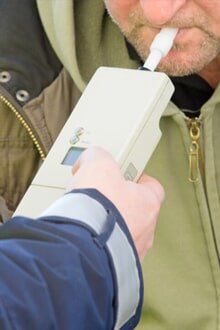
10. BLOOD TEST.
A frequent question is whether to take the blood test. If the police ask you to do so, a refusal will result in a driver's license suspension if the police officer had reasonable grounds to suspect that you were driving under the influence. This is a judgment call. We have won cases where the Defendant has refused to take the blood test where there is a reasonable explanation to the jury. The Commonwealth can raise the issue that a blood test was requested and refused. Whether to refuse is a decision which must be made after careful thought. You have no right to consult with Attorney John M. Ogden or any other lawyer before taking the blood, breath or urine test in Pennsylvania.
These guidelines should be implemented into your everyday driving habits. Of course, there are many issues which can arise when stopped by the police. Legal counsel should be at the earliest possible time.
If you have been cited or arrested, please call Attorney John M. Ogden for World Class Service.
If you have been cited or arrested, please call Attorney John M. Ogden for World Class Service.
